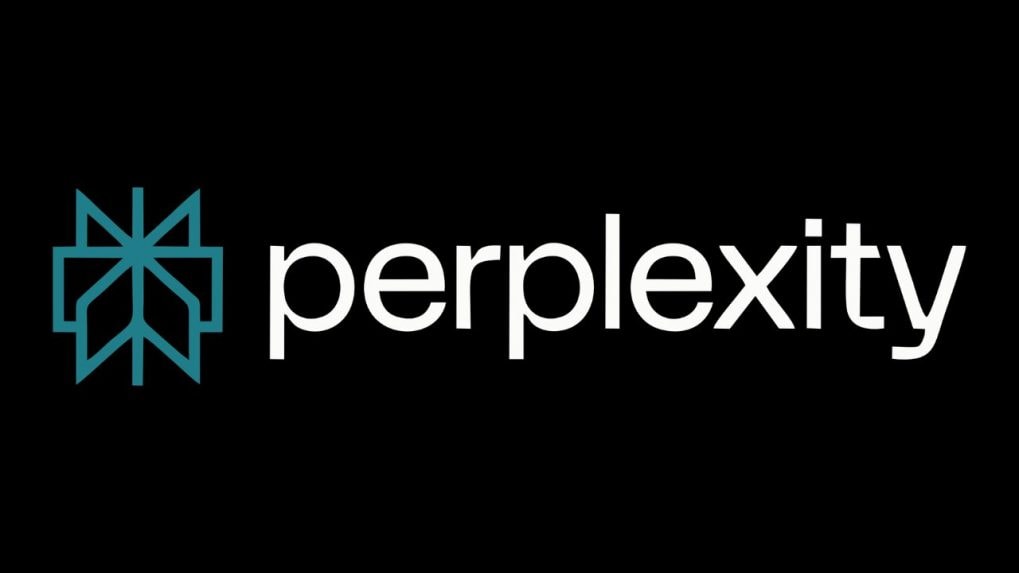Advertising
From Pink Slips to Silent Sidelining: Inside adland’s layoff and anxiety crisis

Two of Japan’s leading newspapers, Nikkei and The Asahi Shimbun, have filed a lawsuit against U.S.-based AI startup Perplexity AI, alleging unauthorized use of their content. Filed in the Tokyo District Court, the legal action seeks a court injunction and ¥2.2 billion (approx. $15 million) in damages from the company by each outlet.
According to media reports, the lawsuit claims that Perplexity has been reproducing and storing content from the newspapers since June 2024 without permission. The publishers further allege that the AI platform ignored standard web protocols—such as metadata meant to block automated scraping—thus violating digital boundaries.
The newspapers also argue that Perplexity’s AI-generated summaries introduced factual errors that were then wrongly attributed to their publications, potentially harming their reputations.
The case highlights growing tensions between media organizations and generative AI companies in both Japan and the U.S., with news publishers warning that the unauthorized use of their content undermines already fragile business models by diverting traffic and ad revenue.
From purpose-driven work and narrative-rich brand films to AI-enabled ideas and creator-led collaborations, the awards reflect the full spectrum of modern creativity.
Read MoreLooking ahead to the close of 2025 and into 2026, Sorrell sees technology platforms as the clear winners. He described them as “nation states in their own right”, with market capitalisations that exceed the GDPs of many countries.